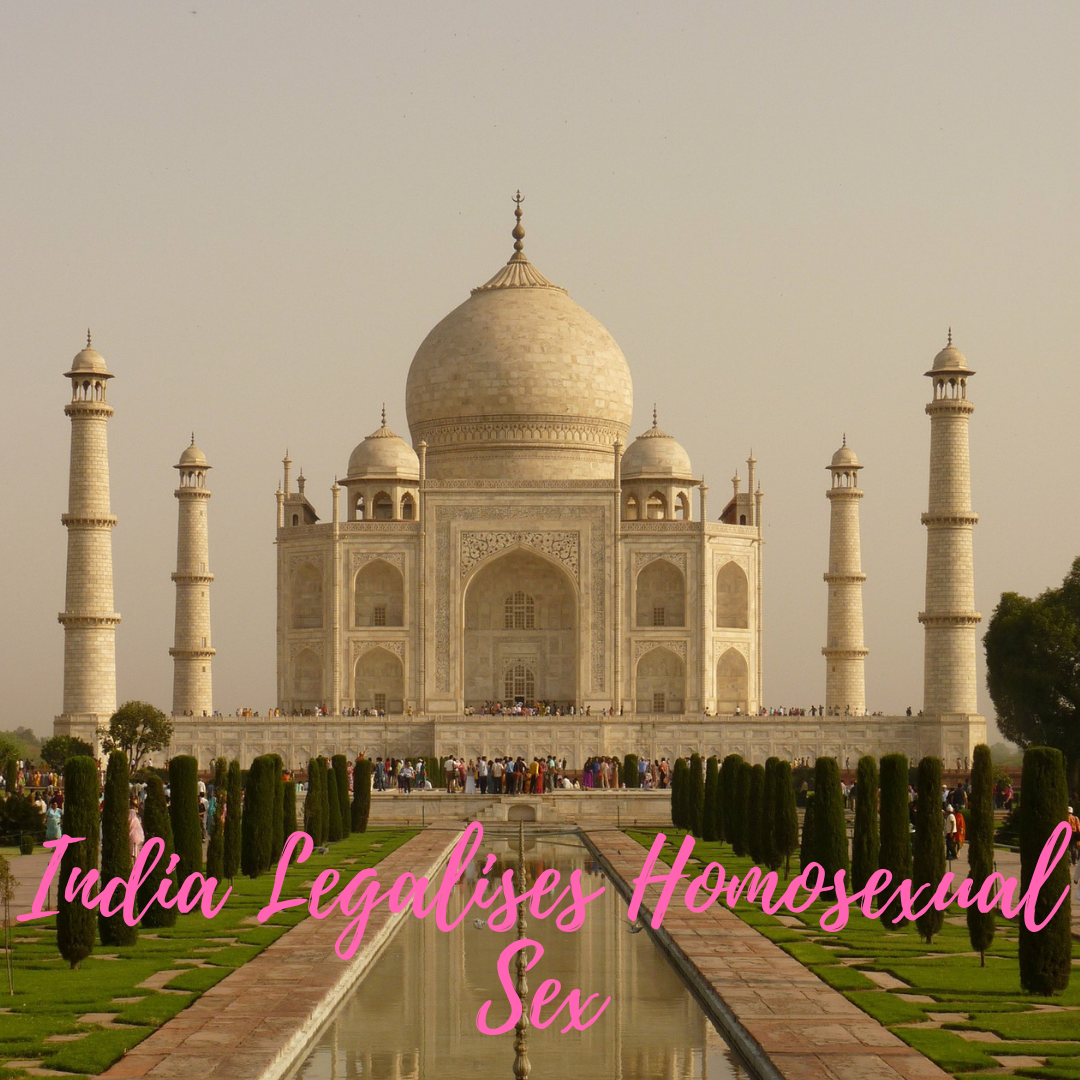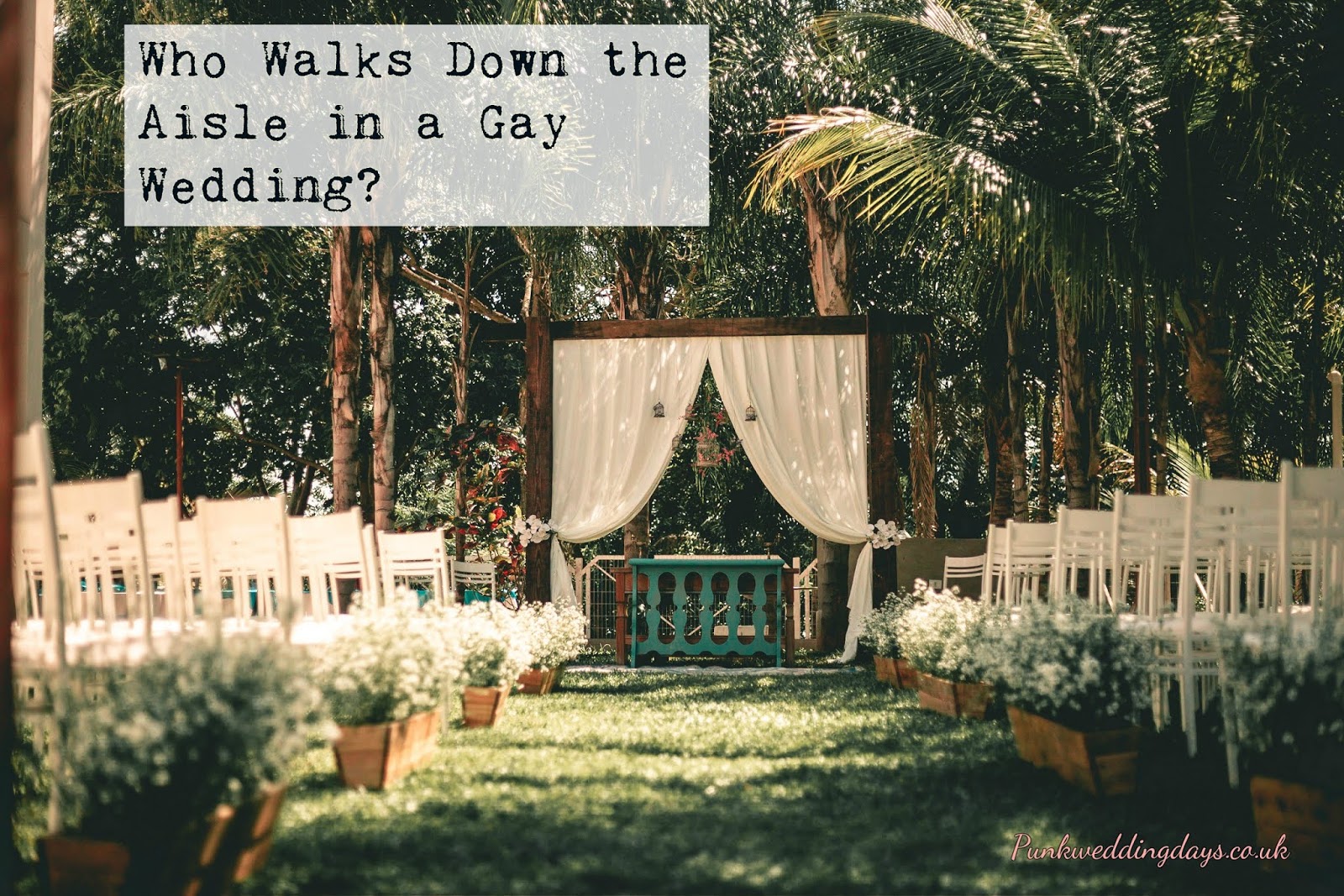India Overturns Ban on Homosexual Sex
India’s Supreme Court has ruled that the country’s ban on same-sex relationships is both discriminatory and unconstitutional. That single decision brought to an end Section 377: a colonial-era statute introduced under British rule in 1861 classing homosexuality as ‘carnal intercourse’ and, therefore, illegal.
Homosexual was previously decriminalised in 2009 by Delhi’s High Court but the decision was overturned in 2013.
With a population of over 1.35 billion people, India’s Government told the Supreme Court back in 2012 that there were 2.5 million gay people living in the country but the actual figure is likely to be far, far higher.
Once the decision was announced there were celebrations across India and jubilant scenes in Bangalore and Mumbai but campaigners are more than aware of the long road ahead of them. It’s a sobering prospect: promoting LGBTQ rights in a socially conservative country where homosexuality is deemed morally abhorrent.
But Section 377 and its painful legacy isn’t really India’s fault. There’s nothing in Hindu scripture forbidding same-sex relationships. It was the British who instigated the law and its one that India has struggled to shake off.
The Times of India reported that one of the 5 judges presiding over the case, Chief Justice of India (CJI) Dipak Misra, as saying "Section 377 is irrational, arbitrary and incomprehensible as it fetters the right to equality for LGBT community. Possesses the same equality as other citizens,"
Huge congratulations to India and to India's LGBTQ community and its campaigners in particular. This is a huge moment for the country's gay population and despite the difficult road ahead, it's certainly a step in the right direction and one that should be celebrated and applauded.









